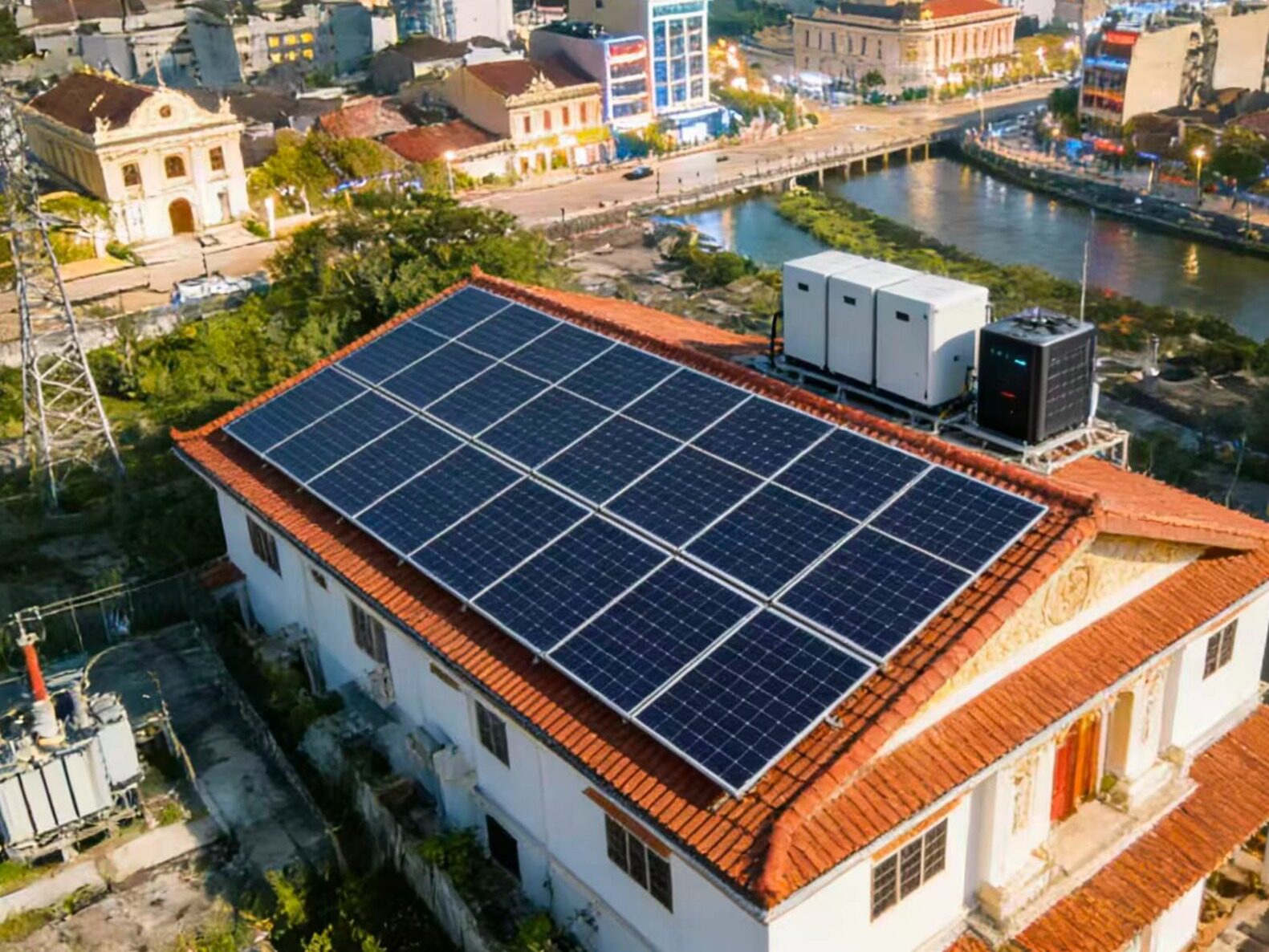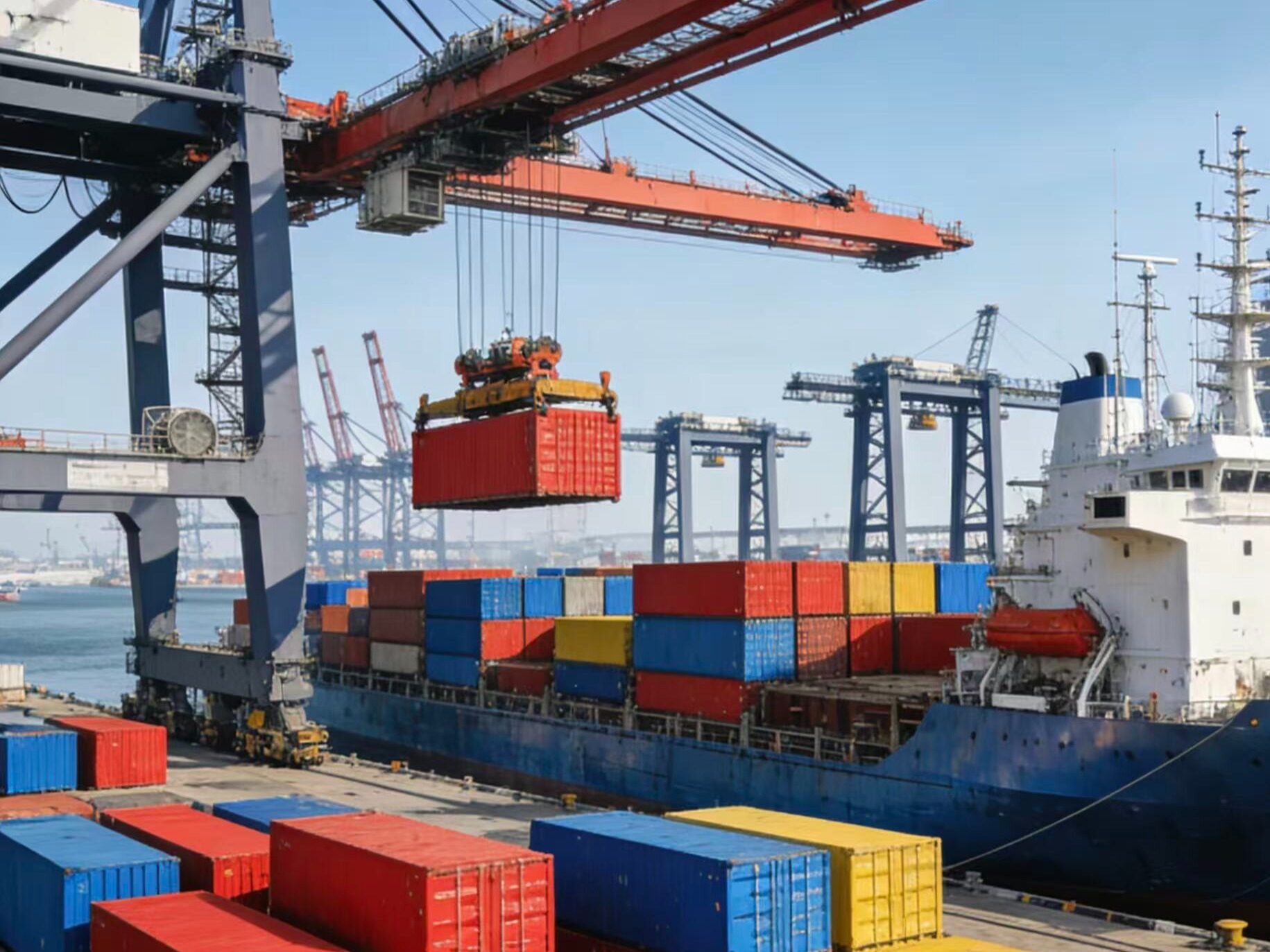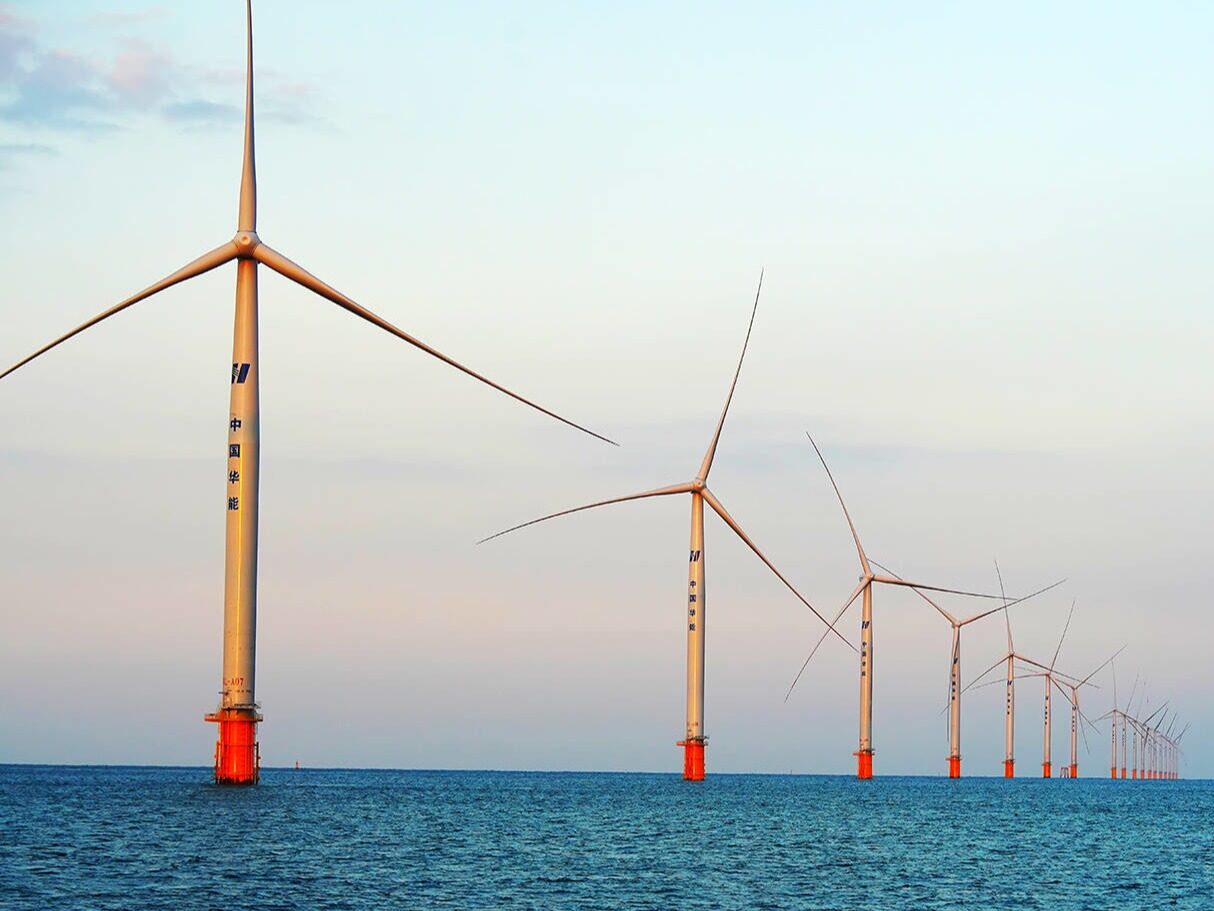- Lebanon has a total power outage and 6 million people have no electricity. The crisis is creating nightmare for the residentsthe country

There was a complete blackout in Lebanon last weekend, and 6 million people did not have centralized power generation for 24 hours. The State Power Company said in a statement that due to fuel shortages, the shutdown of the country’s two main power stations directly affected the stability of the power grid and caused it to be completely interrupted. During this period, operations cannot be resumed, "We can’t buy a lot of things. We can’t buy cheese and ham, we have to buy it in small pieces, because we don’t always have electricity, and people are always afraid." A shopkeeper told See. net.
The State Power Company said in a statement that due to fuel shortages, the shutdown of Lebanon’s two main power stations directly affected the stability of the power grid and caused it to be completely interrupted. During this period, operations cannot be resumed. Later on October 11, after the central bank issued a $100 million credit to the Department of Energy to buy fuel and keep the power plant running, electricity was restored. Officials warned that the power outage could last for several days.
The crisis is creating a nightmare for the residents of the country, but this nightmare has been brewing for a long time. Natural gas shortages may sound familiar-Britain and other European countries are in the midst of an intensifying fuel crisis, which has triggered panic buying and erratic behavior by many people who never thought they would face such a shortage. .
Lebanon is heading for collapse
But for Lebanon, the same problem has been a reality for months-it's just another battle in a long list of crises that have caused Lebanon to lose power repeatedly every day, banking and economic crises, food shortages, and hospitals overwhelmed. , And currencies that rely on the turbulent black market exchange rate to continue to rise. Strolling in the capital Beirut-a once prosperous city, often referred to as the "Paris of the Middle East"-at any time of the day, people can see storefronts closed or open in the dark. Those lucky enough to rely on backup power generation People who use the machine to maintain the lighting can get fuel. After the power outage, many shopkeepers will refuse to sell any commodities except water, because the volatility of the value of Lebanese Lira changes every minute means that commodity prices may shift from one period to the next.
Hundreds of businesses destroyed in the Beirut port explosion in August 2020 have permanently disappeared. With the help of the state government, the entrances of the destroyed bars and other businesses were blown up, and the internal organs full of debris are still fixtures on the streets of the city. "This is catastrophic." Rabih Daou, the owner of a small grocery store in Beirut's Getavi district, told CNBC in the store in late September. He pointed to the empty refrigerator shelf, where there was only a small refrigerator in operation, holding a few dairy products in his hand.
Since grocery stores, restaurants, and households struggle to keep their products fresh during power outages and the summer heat, people rarely talk about the consequences of Lebanon’s fuel and electricity crisis, because food poisoning is so common. Since the beginning of summer, most areas of Beirut have no electricity at night. Residents say that the consumption of meat and dairy products has fallen sharply. "They don't want to buy ham, cheese and yogurt because they worry that if we don't have electricity, the food will not be fresh." Daou said.
During the Lebanese Civil War in 1975-1990, sectarian party leaders and warlords remained in power, and their decades of corruption undermined the country’s finances and public services. For many years, Lebanon was controlled every day due to poor management of the power sector. But the Lebanese people have become accustomed to this: Those who can afford generators use them to maintain power supply, including many companies in the country. Power outages are usually predictable and will not last long. However, since the beginning of the nationwide fuel shortage in early summer, even backup generators that run on fuel-cannot always come to the rescue. Many residents cannot use their cars, and some lines at gas stations stretch for miles and occasionally crowded with drivers leaving their vehicles and fighting occurs.
More than 80% of Lebanon’s food and goods, including fuel, are smuggled, the militant and political organization Hezbollah smuggles fuel into Syria, and other groups and companies hoard fuel and sell it on the black market at higher prices, all of which help curb Syria’s supply drives up prices. The Lebanese Central Bank is now restricting imports of subsidized fuel because it has run out of dollars, which have supported Lebanon’s economy in the past. The bank has made slow progress in granting credit to fuel importers and gas stations and has now ended its subsidies for diesel.
Currency crisis
This makes many of Lebanon’s 6 million people unaffordable. According to the World Bank, 78% of them have fallen into poverty in the past two years, which is one of the worst economic depressions in modern times. Since the 1990s, the official exchange rate of Lebanese Lira has been fixed at 1,500 Lira to 1 U.S. dollar. However, the actual exchange rate for cash on the black market will range from 13,000 lire to 18,000 lire in September 2021.
Marwan Sweedan runs a popular ice cream shop called Smushkis in the Marmicel district of Beirut. He said that he was lucky to be able to afford his own generator fuel, without it, it would be impossible to keep his goods cold and business open. But to do this, he needs dollars. Lebanon has one of the highest debt-to-GDP ratios in the world. Since the financial crisis broke out two years ago, Lebanon's huge debts (including 31 billion US dollars of euro bonds still outstanding) have quickly landed.
Governments and institutions that have promised to provide assistance to the country still refuse assistance because they lack confidence in the government's ability to implement reforms and eliminate corruption. Western officials have expressed concern that the country's situation may be further turbulent or the country may collapse. In October 2019, large-scale protests broke out in Lebanon, which caused the currency to plummet and eventually depreciated by 90%. Lebanese depositors were locked out of foreign currency accounts, and those who deposited their deposits in Lira saw their life savings wiped out. Keywords: overseas engineering, international engineering construction, foreign engineering construction news
Dede el Hayek runs a once-busy snack bar in a residential area in Beirut. Now she sits alone at the dim entrance of the store every day, occasionally chatting with neighbors. Since she could not afford the fuel to keep the generator running, she had to close the door for business and now sleeps in a small bed in the storeroom at the back of the store. "I don't have enough money to run the generator. Since three months ago, I have stopped working." She pointed to the empty shelves and said that no one came here anymore.Editor/XuNing
Comment
 Praise
Praise
 Collect
Collect
 Comment
Comment
 Search
Search














Write something~